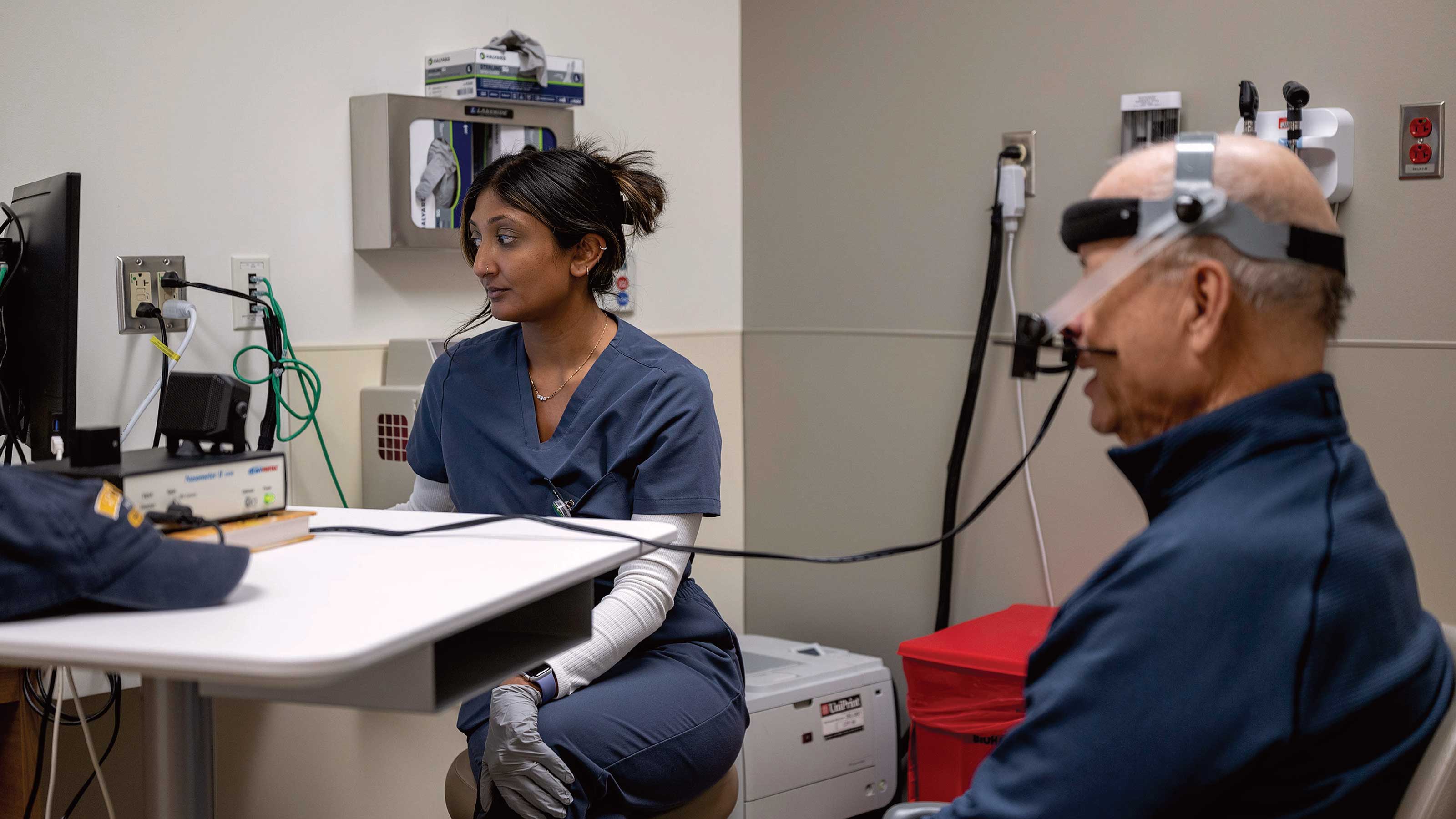
The holiday season can be a difficult time for families. While it is a time of thanks and giving, it’s also a time of added financial stress, gathering with people you may not feel comfortable with, and pressure to pick out adequate gifts.
These stressors can lead to anxiety, depression and, for some, it can directly result in relapse. If you or someone you love are struggling with sobriety this holiday season, we have some helpful tips to get you through smoothly.
The United States continues to remain in the grip of the opiate epidemic. According to provisional data by the Centers for Disease Control and Prevention, more than 109,000 people died of a drug overdose in the 12-month period ending in March 2022. This represents a 44% jump from two years earlier, when there were estimated 76,000 deaths reported in the same 12-month period. This problem continues to be a focus of the medical industy, and it’s a priority to drive awareness to the risks as well as prevention techniques.
How to support a sober loved one over the holidays
Family members and friends play an important role in helping maintain sobriety. It’s very difficult to go through recovery alone. If someone you care about is dealing with addiction this holiday season, there are steps you can take to help them stay on the wagon:
- Keep an eye out for signs that the person in recovery may be nervous, agitated, sweating or pacing.
- Build in safe spaces and time for the person in recovery to take breaks, talk to you privately and relax.
- Be aware of old behaviors, and have frequent discussions about recovery and progress.
- Set clear rules around alcohol and other substances at celebrations. Be certain to clean out medicine cabinets, and keep a close eye on the person in recovery.
- Always offer support and understanding for the challenges faced in early recovery, and remember that even the simplest things can act as emotional triggers.
What to do if someone has returned to use
If you suspect your loved one has returned to harmful habits and isn’t disclosing it, understand that they’re going through something exceptionally difficult. During the holidays, there are added temptations with others partaking in alcohol consumption or other party favors. A few key considerations to keep at the forefront of your mind:
- Prioritize the well-being of your loved one.
- Don’t ignore the situation. Be honest and blunt, but remain supportive.
- Expect there to be anger, fear and frustration on all sides.
- Understand your goals to support the individual and establish a plan before the conversation takes place.
- Don’t hesitate to engage with a friend or loved one to help you in addressing a potentially contentious situation safely and privately.
It’s heartbreaking to hear that someone has started to use again, but it’s vital to support that person without judgment — relapse is the time when support is needed the most. By taking the extra care to prevent added temptation and reduce environmental stressors, you can reduce the chances of relapse. More than anything, those in early recovery want to resume normal life activities. Anything you can do to support that effort is important.
How to maintain sobriety over the holidays
If you struggle with addiction, it’s important to be proactive about your recovery and actively engage supportive friends, family members or colleagues to help maintain your recovery. The following steps can be taken to help reduce the stress of the season:
- Communicate to those around you the best ways to be supportive of your sobriety. If they aren’t cognizant of what you’re going through, they aren’t able to best support you in your journey.
- Be aware of cross-addiction and cross-tolerance. Being clean from taking pills, snorting or shooting opioids doesn’t mean that having an after-dinner drink is OK.
- If you’re visiting relatives during the holiday season, it’s not rude, inconvenient or shameful to ask that they remove medications from their medicine cabinet if you find that tempting. If you don’t want to disclose this to the whole family, pick one trusted support person and ask them to help you navigate these family visits.
- Keep handy the phone numbers of those who have been supporting you throughout your recovery for the times that you need to call and hear the voice of a person who understands the challenges faced in the toughest moments.
- Be mindful around temptations created by mocktails, non-alcohol beer and cannabis gummies. While others might be able to partake without risk or see the risk each poses to you, it’s your responsibility to stay on track and true to yourself.
- Be open about instances in which you’re craving or you’ve been triggered. You will not be seen as weak, but rather strong enough to admit that the road to recovery is difficult.
Know that the process will be challenging, but taking the appropriate steps to minimize the risk of relapse will be monumental in getting through the holidays safely. Stay aware of how you’re feeling, and if the situation becomes more than you’re comfortable with, lean on a friend or remove yourself before things take a turn. Above all else, try to enjoy the season, and embrace those who love and support you.

Help for substance use disorders
Ohio State is a leader in the treatment of substance use disorders in central Ohio.
Learn more



